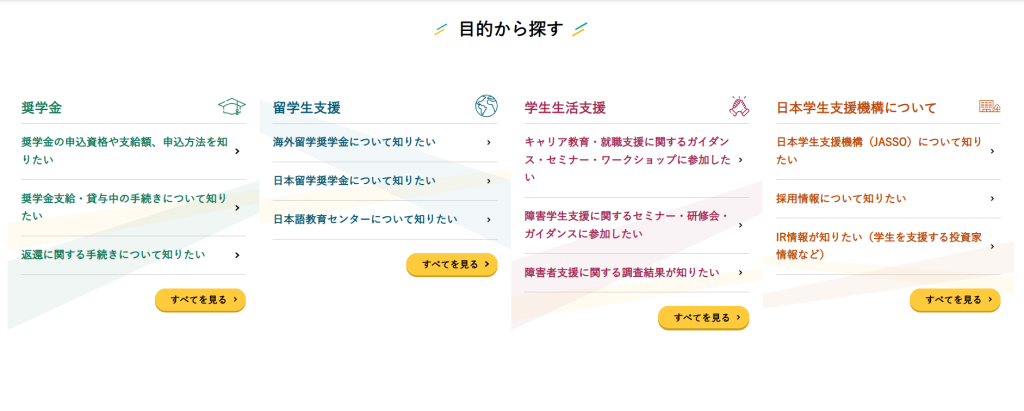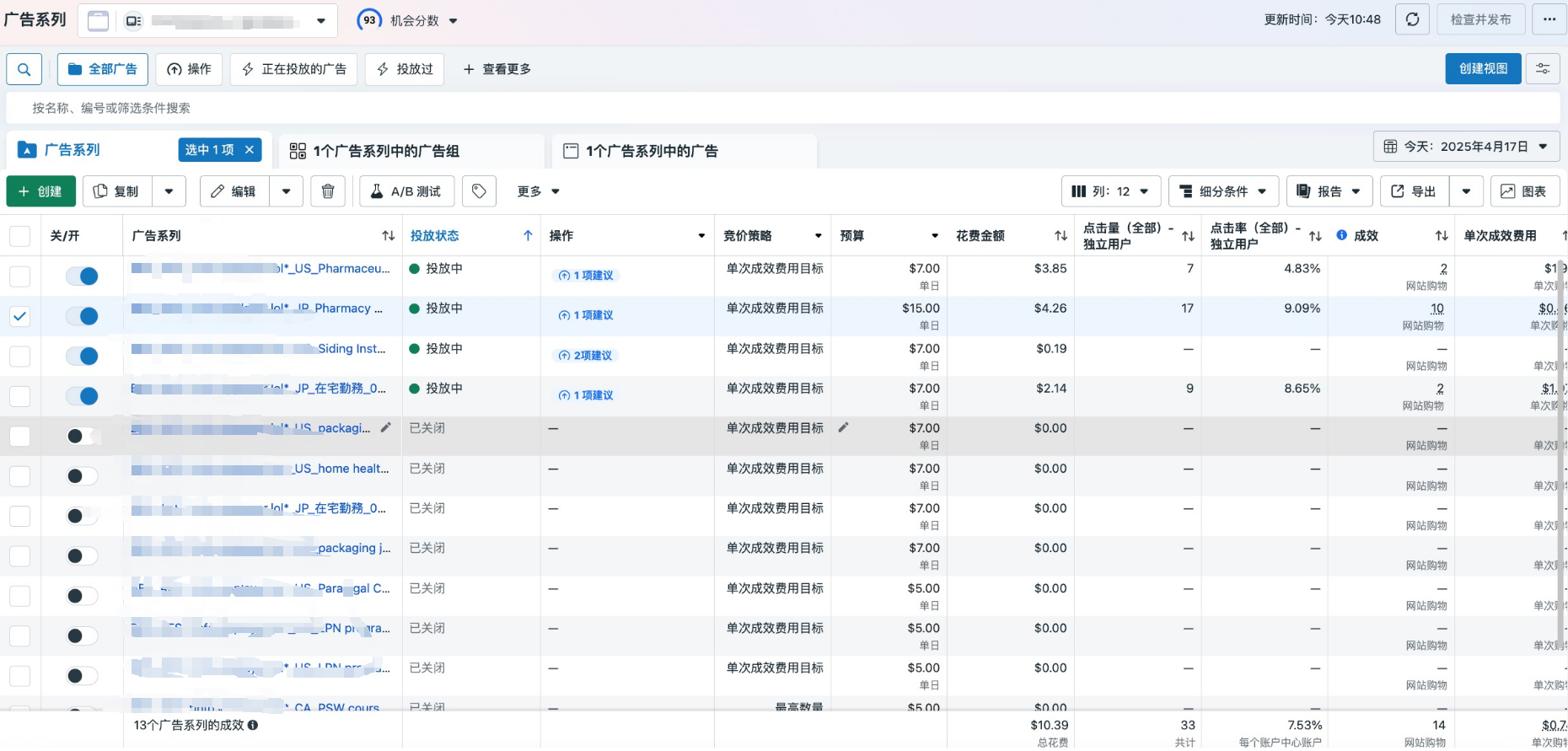
Japan Study Abroad Guide: EJU Exam and Residence Status Application Process
Japan is a popular destination for international students, offering high-quality education and unique cultural experiences. If you plan to study in Japan, you will likely need to take the EJU (Examination for Japanese University Admission for International Students) and apply for a Certificate of Eligibility (CoE) to obtain a student visa. This guide will walk you through the essential steps.

1. What is the EJU Exam and Who Needs to Take It?
The EJU (Examination for Japanese University Admission for International Students) is an entrance exam for non-Japanese students who wish to apply to universities and vocational schools in Japan.
Key Details of the EJU Exam:
- Subjects: Japanese as a Foreign Language, Science (Physics, Chemistry, Biology), Japan & World Affairs, and Mathematics.
- Language: Available in Japanese or English (except for the Japanese language section).
- Test Frequency: Twice a year (June and November).
- Test Locations: Japan and selected overseas locations.
- Registration: Through the Japan Student Services Organization (JASSO) at https://www.jasso.go.jp.
Many universities require EJU scores for admission, so check the specific requirements of your target schools.
2. How to Apply for a Japanese Student Visa?
Once accepted by a Japanese institution, you must apply for a student visa, which requires obtaining a Certificate of Eligibility (CoE) from Japan’s Immigration Services.
Step-by-Step Visa Application Process:
- Obtain a Certificate of Eligibility (CoE)
- Your university in Japan will apply for the CoE on your behalf at the Immigration Services Agency of Japan.
- The process takes 1-3 months.
- Receive the CoE and Apply for a Visa
- Once the CoE is issued, your university will send it to you.
- Apply for a student visa at your nearest Japanese embassy or consulate.
- Prepare Required Documents for the Visa Application:
- Valid passport.
- Certificate of Eligibility (CoE).
- University acceptance letter.
- Proof of financial support (Bank statements showing at least ¥1,000,000 or a scholarship certificate).
- Completed visa application form (available at the Japanese embassy website).
- Submit the Application and Attend an Interview (if required)
- Some embassies may require an interview.
- Wait for Visa Approval
- Processing time is usually 1-4 weeks.
- Arrive in Japan and Apply for a Residence Card
- Upon arrival, you will receive a Residence Card at the airport.
- You must register your address at the local city office within 14 days.
3. Japanese Language Requirements for Studying in Japan
Depending on your program, you may need to demonstrate Japanese proficiency.
- For Japanese-Taught Programs:
- JLPT (N2 or N1 is often required).
- EJU Japanese section.
- For English-Taught Programs:
- TOEFL, IELTS, or other English proficiency tests.
Some universities offer preparatory Japanese language courses for students who need improvement before starting their degree.

By following these steps, you can smoothly navigate the Japanese university application and visa process. 頑張ってください!







